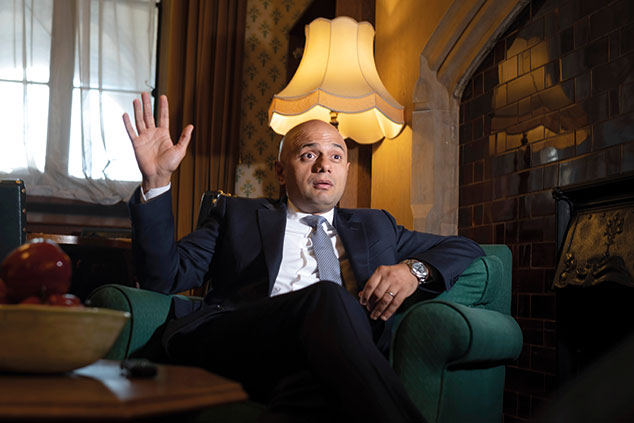
Changes in the law should soon make it easier for property leaseholders to buy their freehold. But until then, know your rights.
The Law Commission has announced radical new proposals designed to make it easier for leaseholders to buy the freehold to their home.
The difficulties that sometimes come with owning a leasehold property have really come to light over the past few years, with newspapers featuring stories of people trapped in agreements to pay extortionate or exponentially increasing ground-rent charges to the owner of the property’s freehold. Big housebuilders also came in for criticism for selling new-build houses on a leasehold basis, as the arrangement is traditionally only used for blocks of flats, given the need for upkeep of communal areas.
In response, the then-communities secretary Sajid Javid last year asked the Law Commission, a body that reviews and revises law in England and Wales, to find ways to make buying out a leasehold easier, faster and cheaper. One of its proposals is to introduce a simple formula where leaseholders will pay just ten times their current ground rent to convert their property from leasehold to freehold, and another is to remove the requirement for leaseholders to have owned the lease of their property for a minimum of two years before they can buy their freehold under the statutory process. The Commission is still consulting on the subject, with any new rules unlikely to come into effect before next summer.
Prepare for a long process
In the meantime, it is still possible to buy your freehold. Just be aware that this can be a long and expensive process, so before you start, make sure you know your rights, and what to expect.
First, check that you’re eligible to buy the freehold. If you are the leasehold owner of a house, you must have held the lease for at least two years before making the application (a prerequisite the Commission is hoping to get rid of). If you live in a block of flats and want to buy your freehold, you will need to club together with at least half the other owners in the same block via a process called “collective enfranchisement”. (There is no two-year minimum, but various eligibility requirements apply.) If this isn’t possible, the 1993 Leasehold Reform Act gives most flat owners the right to extend their lease by 90 years, as long as they have owned the flat for at least two years.
Next, to start the process, you need to serve a section 42 notice under the 1993 Leasehold Reform Act. This then kicks off a series of events, with deadlines for each stage. Note that you’ll need a specialist surveyor to calculate a potential price for the lease and negotiate with the freeholder’s surveyor.
If the freeholder refuses to negotiate a price fairly, you have a legal right to force them to do so, and you also benefit from legal protection on the terms of the freehold purchase. But although it’s considered the safer option, enfranchisement can be costly for leaseholders. As well as paying a premium for the freehold, you must pay the surveyors’ and solicitors’ costs of both parties.
Finally, be aware that it is possible to avoid the statutory route, and instead enter into an informal negotiation with your freeholder. But if you go down this road, you’ll have less legal protection – informal agreements often result in homeowners ending up with unfair contract clauses that can make a property difficult to sell.